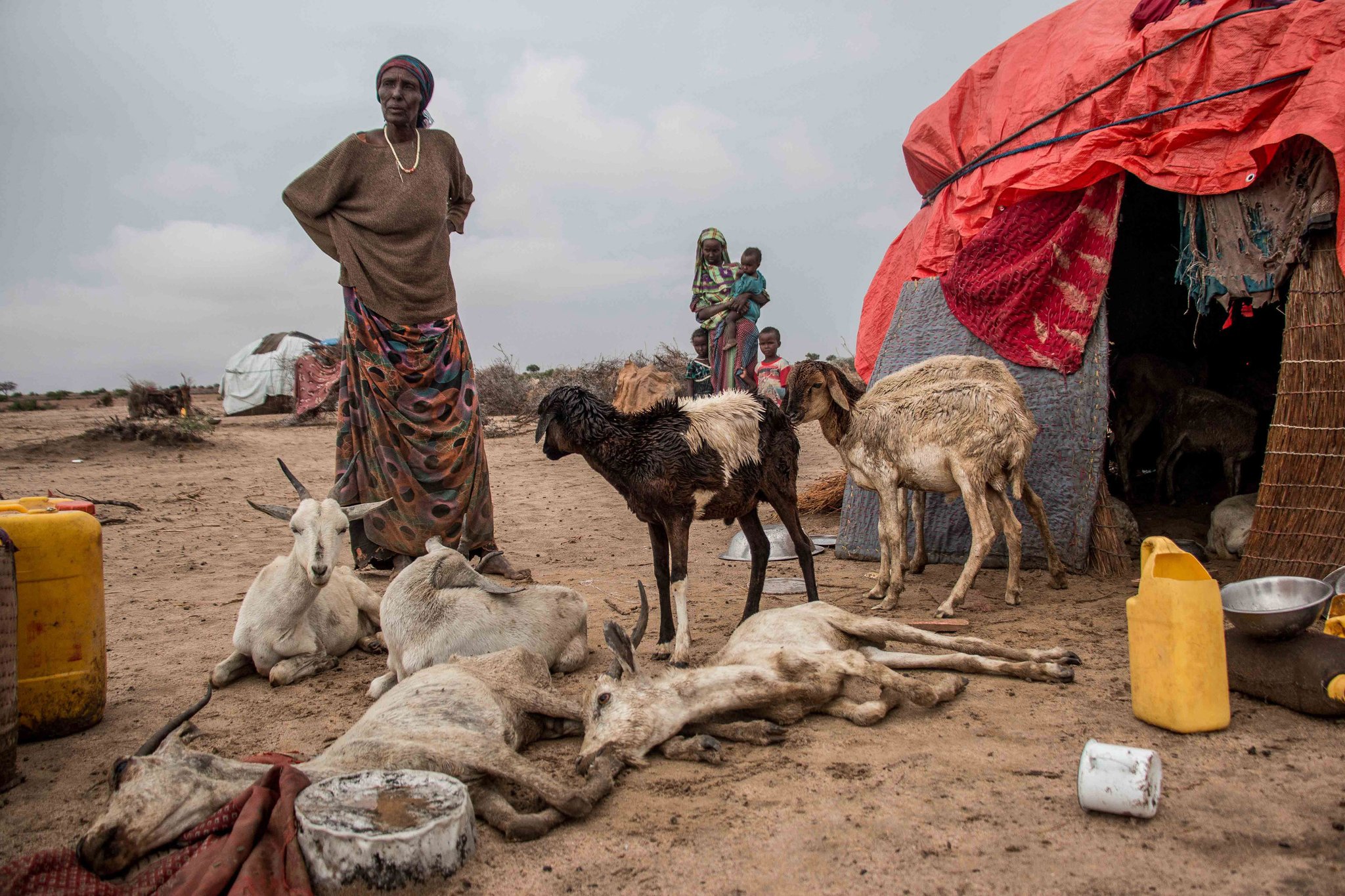UNICEF Emergency Director visits drought stricken Somali region, calls for immediate humanitarian response

GOOBJOOG NEWS|SOMALI REGION: UNICEF’s Emergency Director Manuel Fontaine, visited Ethiopia’s Somali regions, where he saw first hand the devastating impact the drought has had on the people, and especially children, living in the area.
“The impact of the drought on children is devastating,” said Manuel Fontaine, UNICEF Director for Emergency Operations. “In the Somali region alone, over 900,000 people have been displaced. Drought not only means lack of water. It means that children are going hungry and thirsty every day. They are forced to walk miles in search of food and water and often they have to drink from contaminated water sources. This leads to malnutrition and other killer preventable diseases like diarrhea.”
According to the UNICEF Emergency Director, malnutrition rates are increasing at an alarming rate due to the drought.
“Across Ethiopia’s four drought-impacted regions, that is, Afar, Oromia, the Southern Nations, Nationalities, and Peoples’ (SNNPR) and Somali regions, an estimated 600,000 children will require treatment for severe acute malnutrition by the end of the year. In the Somali region, there has been a 43 per cent increase in severely acute malnutrition admissions for under 5 children in May 2022 compared to May 2021.”
“This climate-induced crisis is a malnutrition crisis for children and not just in Ethiopia but across Africa,” said Fontaine. “While UNICEF and partners are already on the ground providing lifesaving nutritional support for severely malnourished children, USAID’s recent $200 million contribution to UNICEF globally is a timely game changer and we are very grateful. This funding will significantly scale up our nutrition response across the world.”
Fontaine also warned that the war in Ukraine is set to tip more families in Africa over the edge, further worsening food insecurity. Ethiopia, which imports 67 per cent of their wheat from Russia and Ukraine, is set to suffer immensely from unavailability of the precious commodity.
“This means prices of cooking oil, bread and wheat flour are reaching new records in local markets and even families not living in humanitarian crises cannot meet their daily food needs.” said Fontaine.
UNICEF’s drought response appeal for impacted areas in Ethiopia is USD $65 million in addition to the overall humanitarian appeal of USD $351 million. This specific funding will target more than 2 million vulnerable people in Afar, Oromia SNNPR and Somali regions.